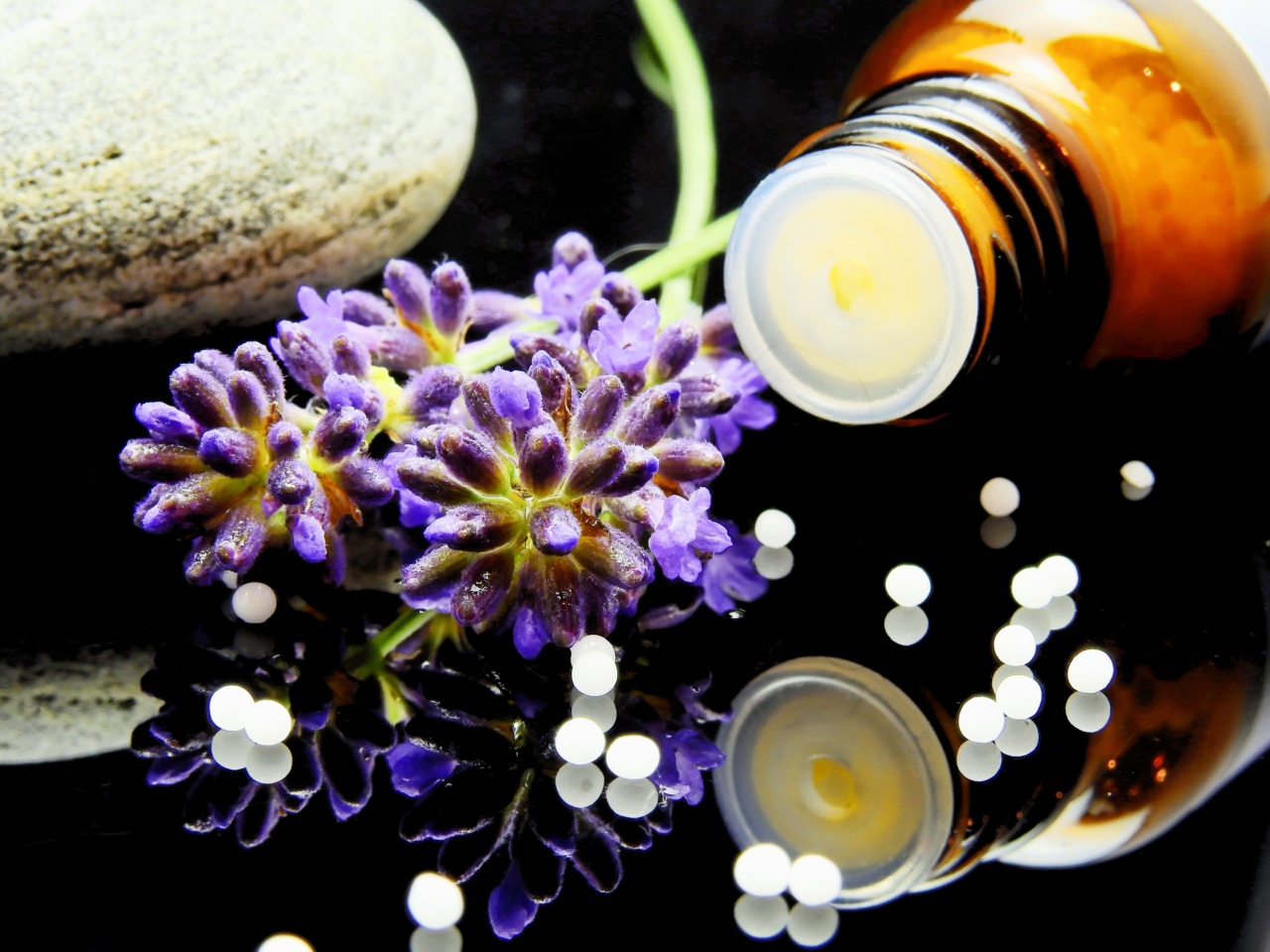Salt intake is an essential part of our daily diet, but it can also affect our health in several ways. While we need salt to keep our body functioning correctly, too much of it can lead to various health problems.
In this article, we’ll explore how salt affects your health and what you can do to maintain a healthy salt intake.
What is Salt?
Salt, also known as sodium chloride, is a mineral that is essential for human life. It is made up of two minerals, sodium, and chloride.
Sodium is an essential nutrient that plays several vital roles in the body, including maintaining the body’s fluid balance, transmitting nerve impulses, and regulating muscle contractions. Chloride helps maintain the body’s acid-base balance.
How Much Salt Do You Need?
The recommended daily amount of salt intake for an adult is less than 5 grams per day. This amount may vary depending on your age, gender, and other health conditions.
The body needs a specific amount of salt to maintain its normal functioning, but too much of it can lead to several health problems.
The Negative Effects of Too Much Salt
High salt intake can have adverse effects on your health, including:.
1. High Blood Pressure
Salt intake can lead to high blood pressure, which is a significant risk factor for heart disease, stroke, and kidney disease. High blood pressure can also weaken the walls of your blood vessels, making them more prone to bursting or narrowing.
2. Stomach Cancer
High salt intake has been linked with an increased risk of stomach cancer. The high salt content in the stomach can damage the lining of the stomach and increase inflammation, leading to cancer.
3. Osteoporosis
Research shows that a high salt intake can lead to increased calcium loss in the urine, which can cause a decrease in bone density, leading to osteoporosis, a bone disease that makes your bones more fragile and prone to fractures.
4. Kidney Disease
A high salt intake can increase your risk of developing kidney disease. The high salt content in your blood can cause your kidneys to work harder, leading to kidney damage over time.
5. Dehydration
A high salt intake can lead to dehydration by making your body retain water. This can put a strain on your kidneys, increasing your risk of kidney problems over time.
The Positive Effects of Salt
Salt is an essential nutrient that plays several vital roles in the body, including:.
1. Fluid Balance
Salt helps maintain the body’s fluid balance by regulating the amount of water in the body. It helps transport nutrients and waste products, and it plays a significant role in the absorption and transport of various nutrients.
2. Nerve Function
Sodium is an essential nutrient in the regulation of nerve function. It helps transmit nerve impulses and plays a role in maintaining a healthy nervous system.
3. Muscle Contractions
Sodium also plays a critical role in the regulation of muscle contractions. It helps muscles contract and relax, which is essential for physical movement and everyday activities.
Tips to Reduce Sodium Intake
You can take several steps to reduce your salt intake, including:.
1. Choose Low-Sodium Foods
Choose foods that are low in sodium, such as fresh fruits and vegetables, whole grains, and lean proteins. Avoid processed and packaged foods that are often high in sodium.
2. Read Food Labels
Read food labels and choose products that are low in sodium. Look for labels that say “low-sodium,” “no-salt-added,” or “salt-free.”.
3. Cook at Home
Cook at home using fresh ingredients and limit the use of salt. Instead, use herbs and spices to add flavor to your food.
4. Avoid Adding Salt at the Table
Avoid adding table salt to your food, and instead, use spices and herbs to add flavor.
5. Manage Your Salt Cravings
If you have a strong craving for salty foods, try to find other ways to satisfy your cravings, such as snacking on nuts or eating foods that are high in potassium.
Conclusion
Salt intake is essential, but too much of it can lead to several health problems. High salt intake can increase your risk of high blood pressure, stomach cancer, osteoporosis, kidney disease, and dehydration.
However, salt also has several positive effects, including maintaining the body’s fluid balance, regulating nerve function, and muscle contractions. You can reduce your salt intake by choosing low-sodium foods, reading food labels, cooking at home, avoiding adding salt at the table, and managing your salt cravings.





























